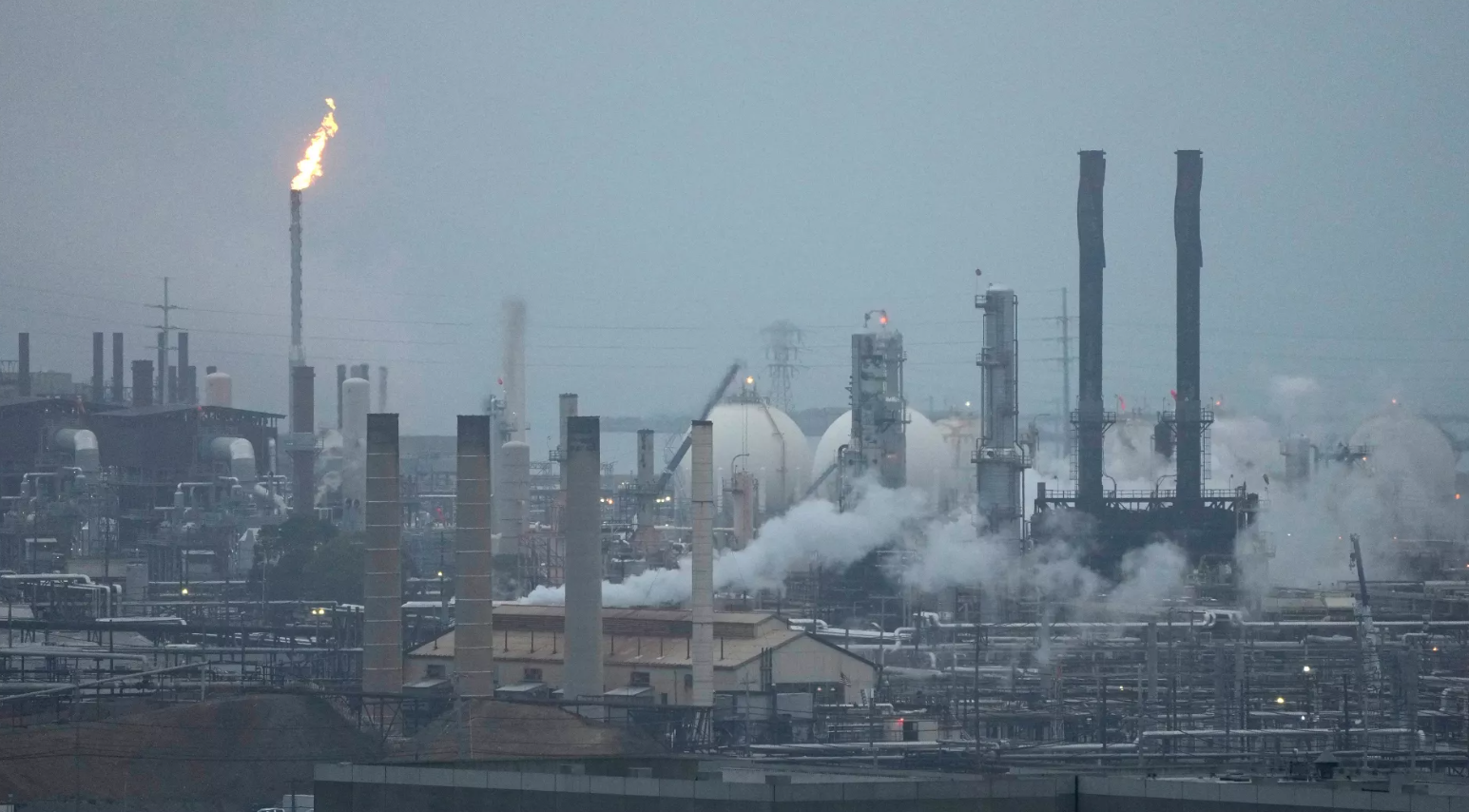
According to new research published in Nature, 111 fossil fuel and cement producers have collectively caused $28 trillion (€25 trillion) in heat-related economic damage since 1990. That figure, researchers say, is nearly equal to the total economic output of the United States in a single year.
More than half of this damage has been attributed to just 10 major fossil fuel companies, including Saudi Aramco, Gazprom, ExxonMobil, BP, Shell and Chevron.
A climate accounting breakthrough
The study, led by Christopher Callahan and Justin Mankin of Dartmouth College (now at Stanford), represents a significant step forward in "climate accountability science" — the field that seeks to quantify how much individual companies have contributed to global warming and its consequences.
"Everyone's been asking: how much harm can we trace back to a specific emitter?" said Mankin. "Until now, companies could hide behind uncertainty. But the science is clear: the veil of plausible deniability is gone."
The researchers combined historical emissions data with sophisticated computer models — 1,000 simulations in total — to estimate each company's impact on the planet's average temperature. For example, Chevron's emissions alone are linked to a 0.025°C rise in global temperature.
They then used another set of 80 simulations to assess how these emissions influenced the five hottest days of the year and applied an economic formula to translate that heat into financial losses.
Legal implications: will polluters pay?
The study echoes past efforts to hold tobacco companies accountable for health damage — and could help unlock a wave of climate litigation.
According to Zero Carbon Analytics, at least 68 lawsuits worldwide are now targeting fossil fuel producers over climate-related harm. Most are in the U.S., but none have yet succeeded in forcing companies to pay damages.
That may soon change. "This study shows just how overwhelmingly strong the scientific evidence is," said Dr. Friederike Otto, a leading climate attribution expert at Imperial College London. "If more research groups adopt this approach, we'll get even better, more actionable results."
Some of the companies listed — including Shell, Aramco and ExxonMobil — declined to comment or did not respond to media requests.
Underestimating the damage
Although the study's numbers are vast, experts believe they may still be conservative. Michael Mann, a climate scientist at the University of Pennsylvania who was not involved in the research, said the true cost of climate breakdown caused by corporate emissions is likely "far higher," due to unmeasured impacts like biodiversity loss, mental health, and displacement.
Stanford climate scientist Chris Field, also not part of the research team, added: "We've now reached a point where the damages are so immense that a single company's contribution can amount to tens of billions of dollars per year."
The case for accountability
The new data could provide governments and communities with a crucial tool to pursue compensation — and justice. "This isn't just about numbers," said Callahan. "It's about enabling people to point to real, traceable harm and say: ‘This is what you've done.'"
As the climate crisis intensifies and economic losses mount, the question may no longer be whether companies should pay — but when.